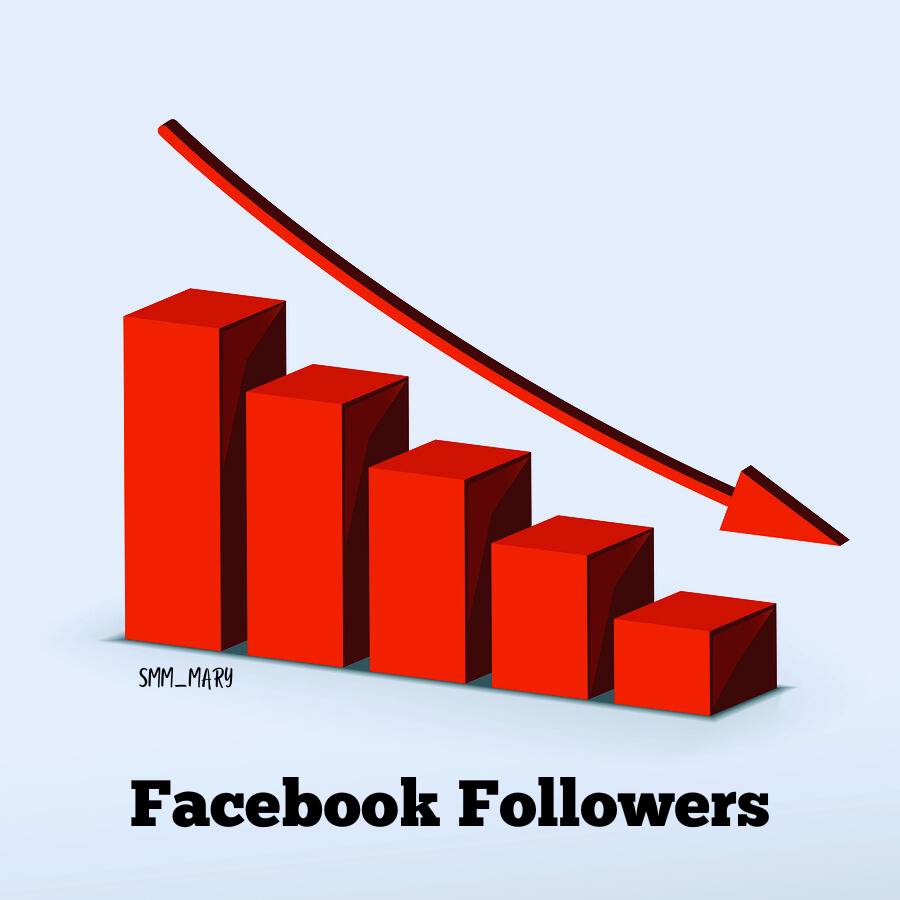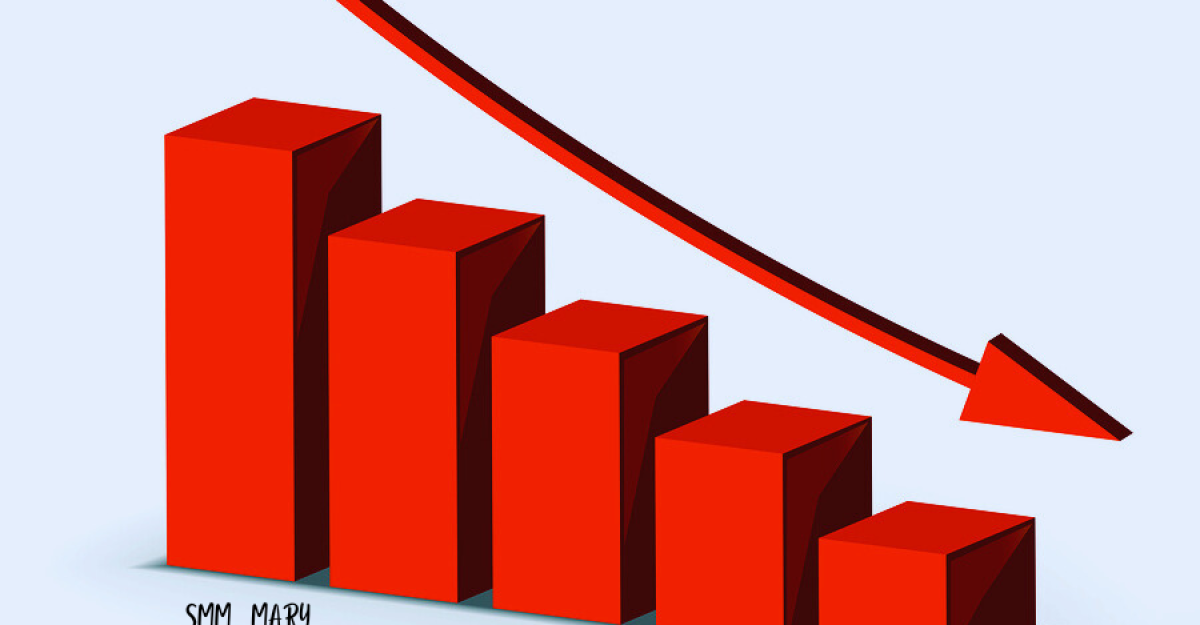Social media platforms like Facebook have become integral to personal branding, business marketing, and community engagement. As such, the number of followers one has on Facebook is often seen as a metric of success, influence, and reach. However, noticing a decline in the number of Facebook followers can be disheartening. While it may seem alarming at first, several factors could be contributing to this trend. Understanding these reasons is the first step toward reversing the decline.
1. Changes in Facebook’s Algorithm
Facebook’s algorithm is constantly evolving to improve user experience by prioritizing content that is most relevant to individual users. These changes can impact how your content is distributed and seen by your audience. If your posts are not engaging enough or are not aligned with the interests of your followers, they may not appear frequently in their newsfeeds. As a result, followers who don’t see your content may lose interest and unfollow your page.
Moreover, Facebook has been placing a stronger emphasis on personal connections over public content. This means that posts from friends and family are more likely to be shown than posts from pages or brands, making it harder for your content to gain visibility and retain followers.
2. Content Quality and Relevance
The content you share is one of the most significant factors affecting your follower count. If your posts are no longer resonating with your audience or if the quality of your content has declined, followers may choose to unfollow you. This can happen for several reasons:
-
- Repetitive Content: If your posts become too predictable or repetitive, your audience might lose interest.
-
- Lack of Value: Followers may unfollow if they feel they are not gaining any value, whether it’s entertainment, information, or inspiration, from your content.
-
- Irrelevant Content: If you start posting content that doesn’t align with your audience’s interests or expectations, they may disengage and unfollow.
-
- Regularly evaluating your content strategy and adjusting to meet the changing preferences of your audience can help maintain or even grow your follower base.
3. Over-Posting or Under-Posting
Finding the right balance in posting frequency is crucial. Over-posting can overwhelm your audience, leading to fatigue and eventual unfollows. On the other hand, under-posting may result in your audience forgetting about your presence altogether. Both extremes can lead to a decrease in follower count.
It’s essential to establish a consistent posting schedule that keeps your audience engaged without overwhelming them. Analyzing engagement metrics can help determine the optimal posting frequency for your specific audience.
4. Increased Competition
As more businesses and individuals recognize the power of social media, competition for attention on Facebook has increased. Your followers are likely being exposed to a growing number of pages and content, which may lead them to prioritize other pages over yours. If your content is not standing out amidst the competition, you may see a drop in followers.
To combat this, focus on differentiating your content by providing unique value, whether through original insights, exclusive offers, or compelling storytelling. Staying attuned to industry trends and adapting your strategy accordingly can also help you stay competitive.
5. Facebook Account Purges and Cleanup
Facebook occasionally conducts purges to remove inactive or fake accounts from the platform. If a significant portion of your followers consist of such accounts, you might notice a sudden drop in your follower count after one of these cleanups. While this might be concerning, it’s important to remember that these were not active, engaged followers, and their removal can actually improve the quality of your audience.
6. Negative Engagement and Controversial Content
The content you post can sometimes provoke negative reactions or controversies, leading to a loss of followers. Posts that are perceived as offensive, polarizing, or overly promotional can drive followers away. Even well-intentioned posts can backfire if they are not received well by your audience.
To avoid this, it’s crucial to be mindful of the tone, message, and timing of your posts. Engaging with your audience in a respectful and thoughtful manner, especially when dealing with sensitive topics, can help mitigate potential backlash.
7. Shifts in Audience Interests
Over time, your audience’s interests and preferences may change. What was once engaging content may no longer resonate as your followers evolve. This shift can be due to changes in demographics, trends, or the general saturation of content in your niche.
Staying connected with your audience through regular interactions, surveys, and feedback can help you stay informed about their changing preferences. By adapting your content strategy to reflect these shifts, you can keep your audience engaged and prevent follower loss.
A decline in Facebook followers can stem from various factors, including algorithm changes, content relevance, posting frequency, competition, account purges, negative engagement, and shifts in audience interests. While it can be discouraging to see your follower count decrease, it’s important to view it as an opportunity to reassess and refine your social media strategy. By understanding the reasons behind the decline and taking proactive steps to address them, you can work towards building a more engaged and loyal audience, ensuring long-term success on the platform.







